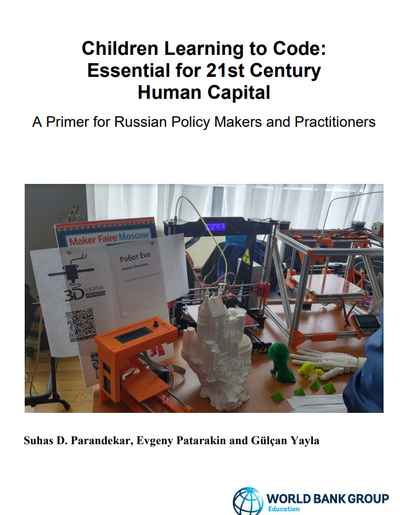Vygotsky as a person to think with about computer science and psychology
| Описание события | Discussion with Mohamad El Maouch |
|---|---|
| Тип события | Семинар |
| Начало | 2023-12-13T12:00:22.000Z |
| Окончание | 2023-12-13T13:00:22.000Z |
| color | orange |
| Адрес события | http://digida.mgpu.ru/index.php/Vygotsky as a person to think with about computer science and psychology |
| Видео запись события | |
| Среды и средства, которые использовались в рамках события | GenAI |
| Формируемые в рамках события компетенции | |
| Область знаний | Искусственный интеллект |
| Местоположение | 55° 46' 23.28" N, 37° 36' 53.67" E |
| Формат реализации | |
| Карта |
Russian scietists to think with about AI and GenAI
The history of interaction between cybernetics and psychology, the discussion of the possibilities of artificial intelligence is a long history and a long tradition. We have already talked about the works of Minsky and Papert, who used the works of Vygotsky.
- Perceptrons: an introduction to computational geometry
- Mindstorms - Children, Computers, And Powerful Ideas
Here and now I would like to draw attention to the fact that this is a long-standing Russian tradition. And these are the names and works of Lotman and Turchin.
Lothman
Lotman Y. Culture as collective intellect and the problems of artificial intelligence. In: O'Toole, Lawrence Michael and Shukman, Ann (eds.), Dramatic Structure: Poetic and Cognitive Semantics. (Russian Poetics in Translation 6.) 1979, Oxford: Holdan Books, 84-96.
Turchin

- The Phenomenon of Science
- Valentin Turchin presents in The Phenomenon of Science an evolutionary scheme of the universe --one that begins on the level of individual atoms and molecules, continues through the origin of life and the development of plants and animals, reaches the level of man and self-consciousness, and develops further in the intellectual creations of man, particularly in scientific knowledge.
- Principia Cybernetica Web
- The Project aims to develop a complete philosophy or "world-view", based on the principles of evolutionary cybernetics, and supported by collaborative computer technologies.
- "Communications
- The Cybernetic Manifesto", Kybernetes, Turchin V., Joslyn С. // Kybernetes
Computer Science and Computational Thinking

Children Learning to Code book
{{#ask: [[Category:Competence]] | format=ul }} | {{#ask: [[Category:Language]] }}
Vygotsky as a person to think, researh and play
DL ACM [All: “Vygotsky”] AND [Publication Date: (2002 To 2022)]
https://app.vosviewer.com/?json=https://drive.google.com/uc?id=1Ish09TCO9CNRWDPUZ3gKE7dKE04p1wkx
Piaget-Vygotsky (model)
- Abrahamson, D., & Wilensky, U. (2005). “Piaget? Vygotsky? I’m game! Agent-based modeling for psychology research”.
This model of "learning through playing" was created with the following objectives:
- to demonstrate the viability of agent-based modeling (ABM) for examining socio/developmental-psychological phenomena;
- to illustrate the potential of ABM as a platform enabling discourse and collaboration between psychologists with different theoretical commitments;
- to visualize the complementarity of Piagetian and Vygotskiian explanations of how people learn.
Playing with ChatGPT